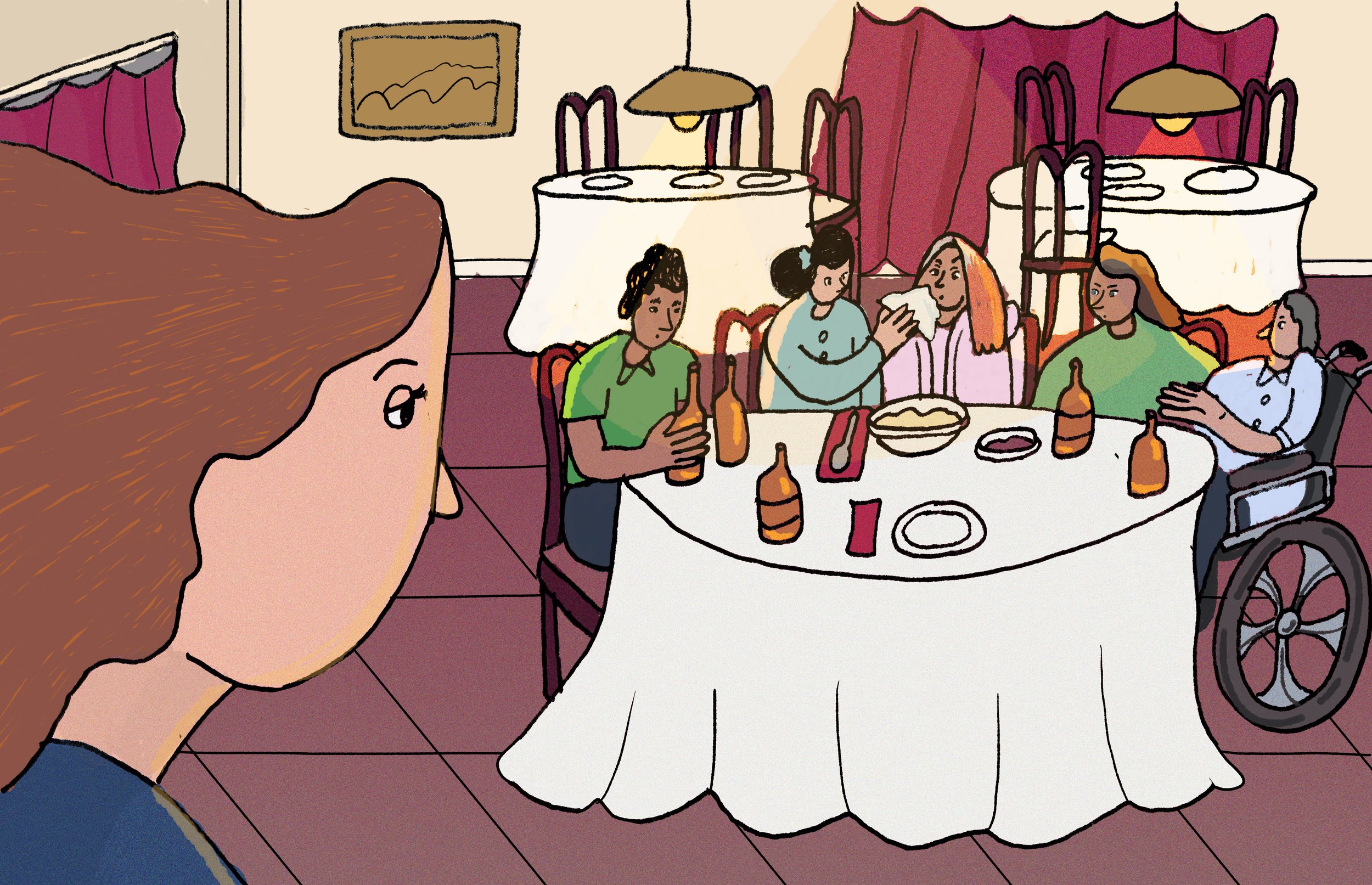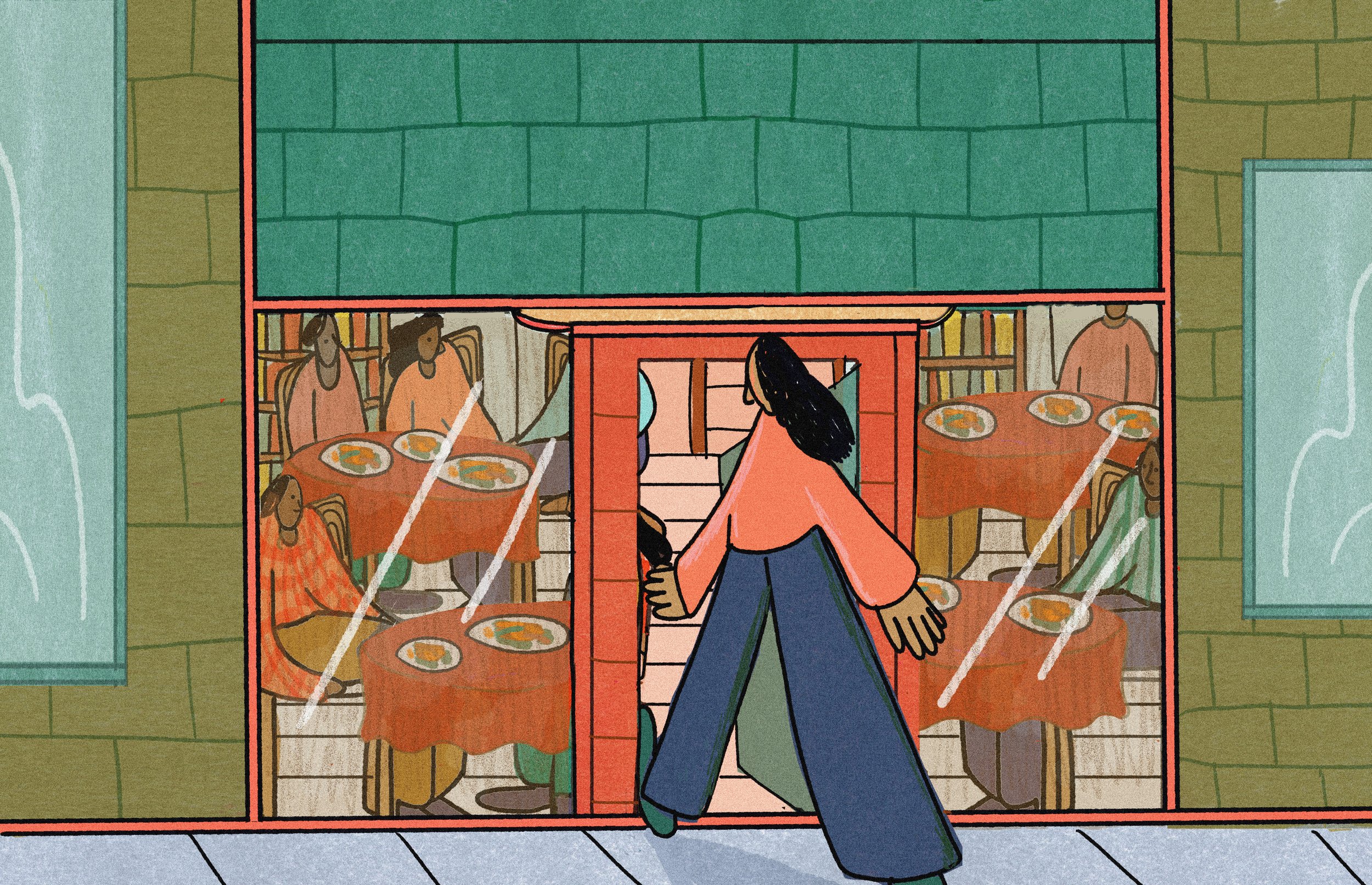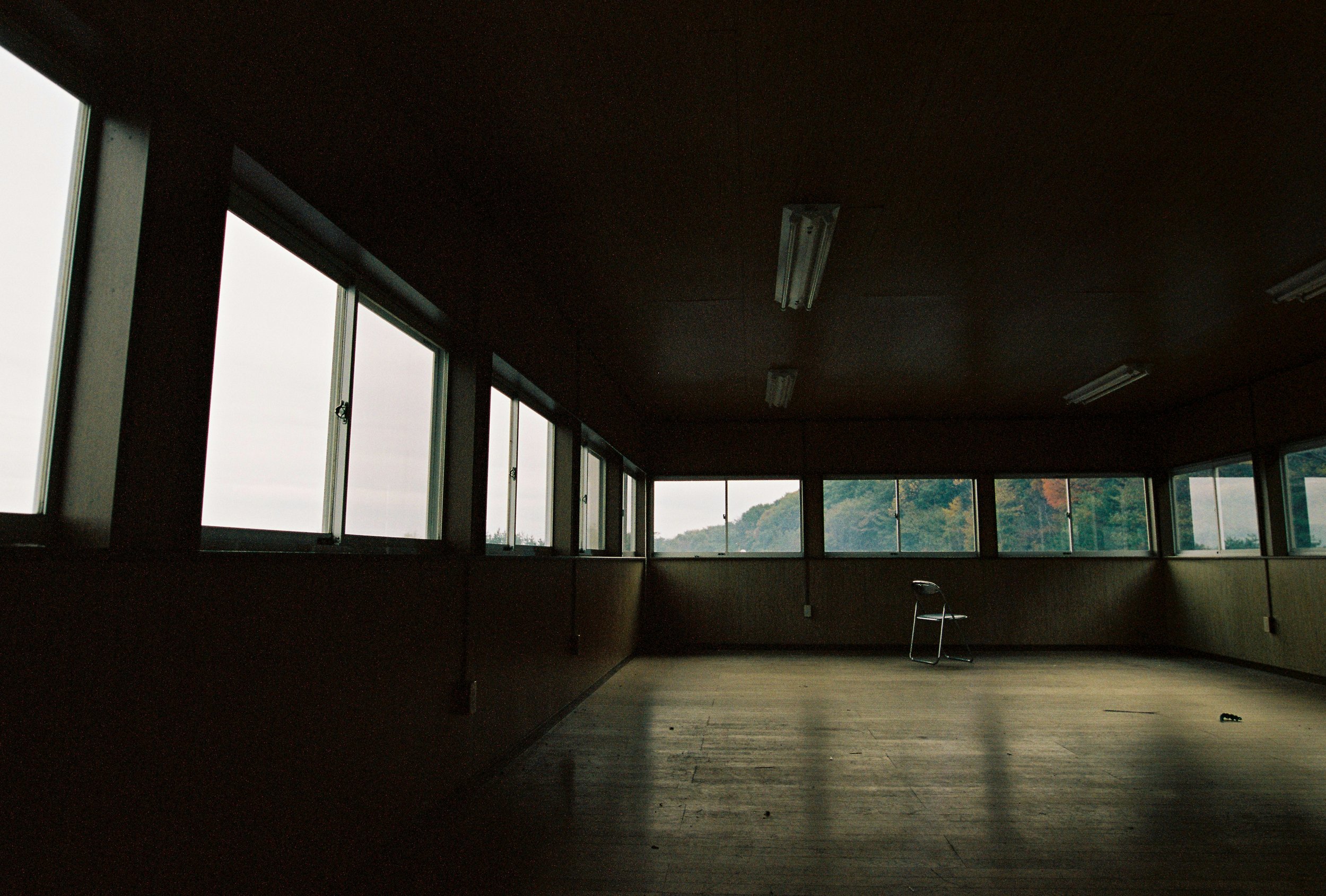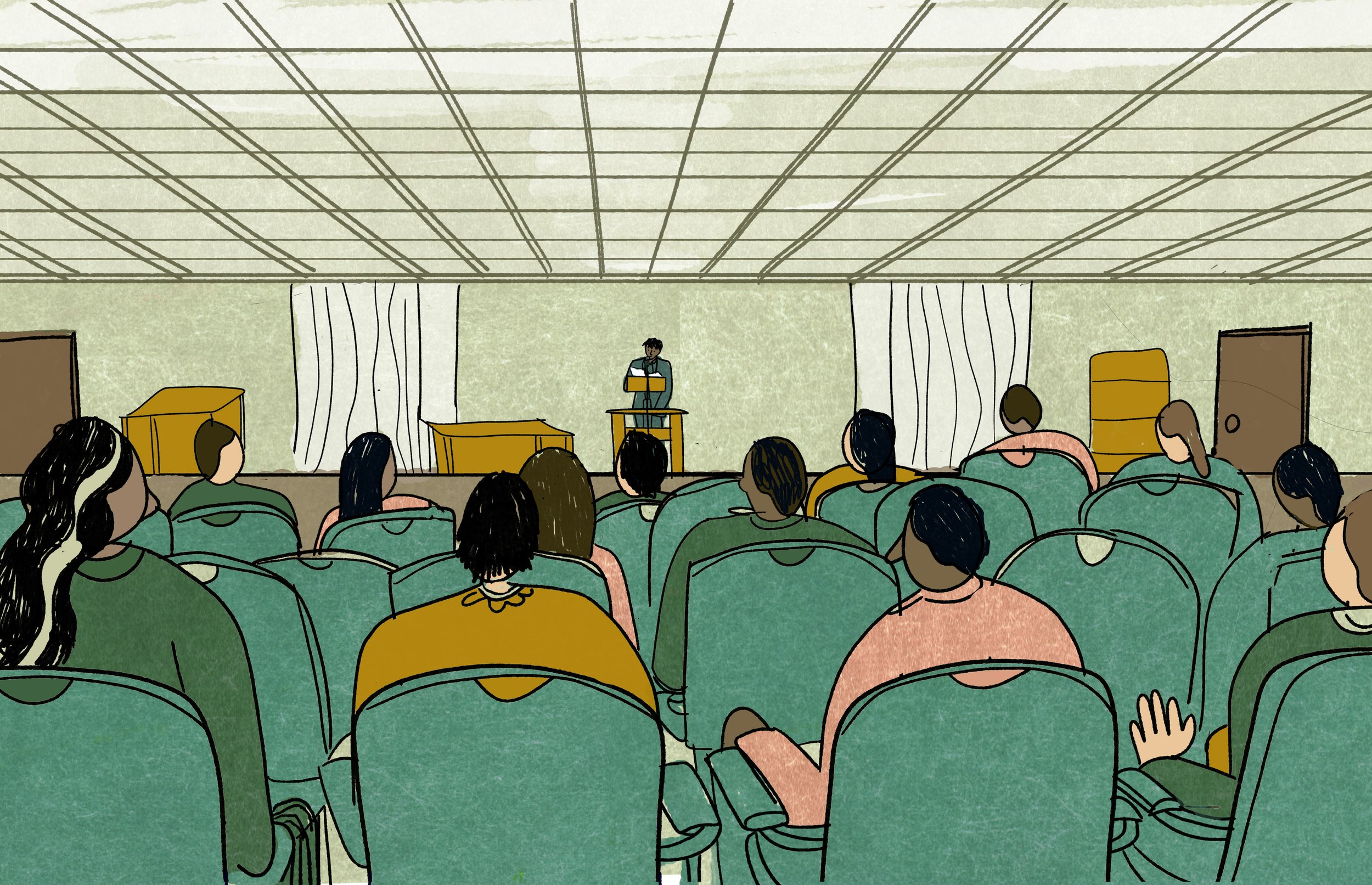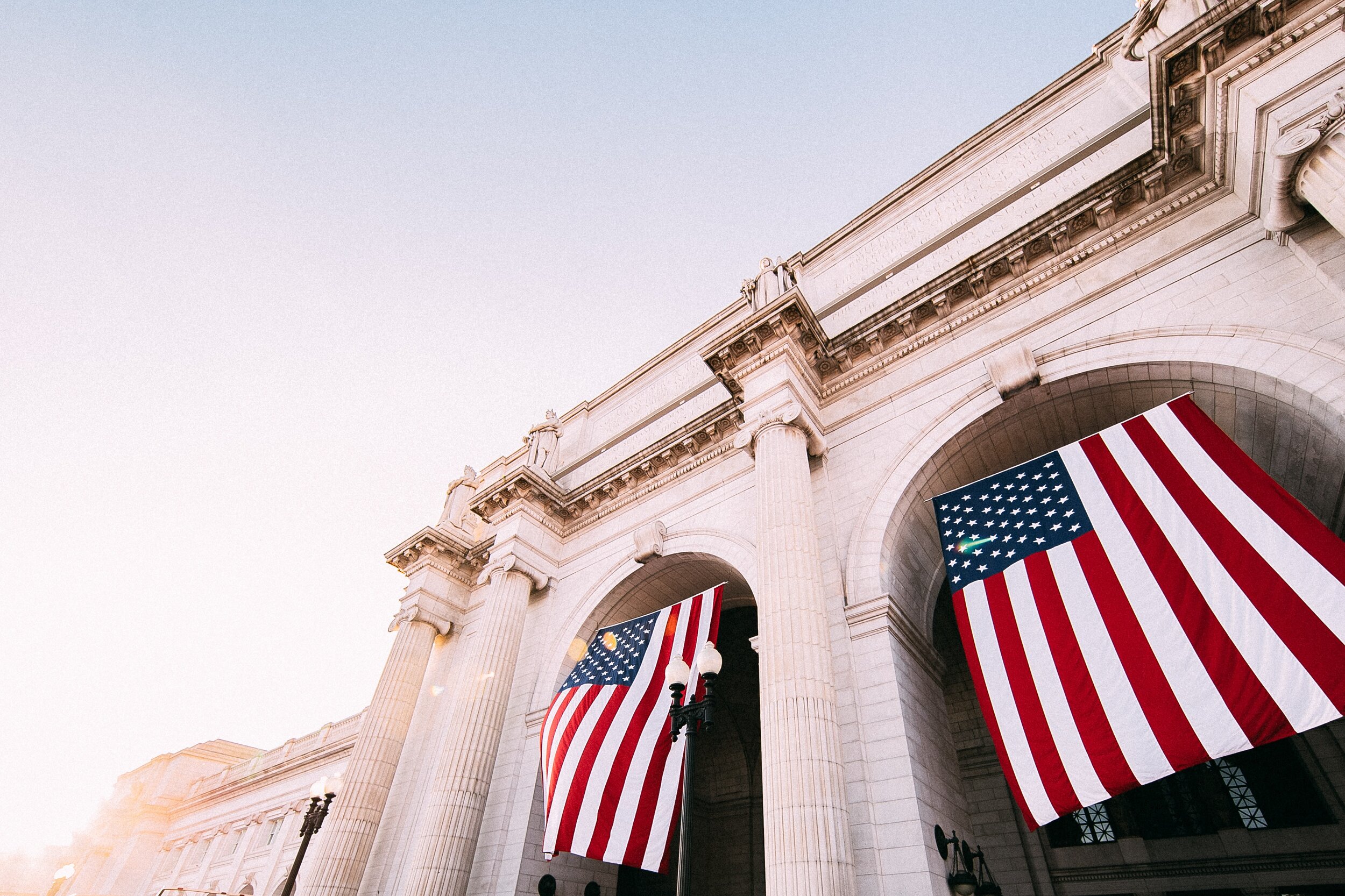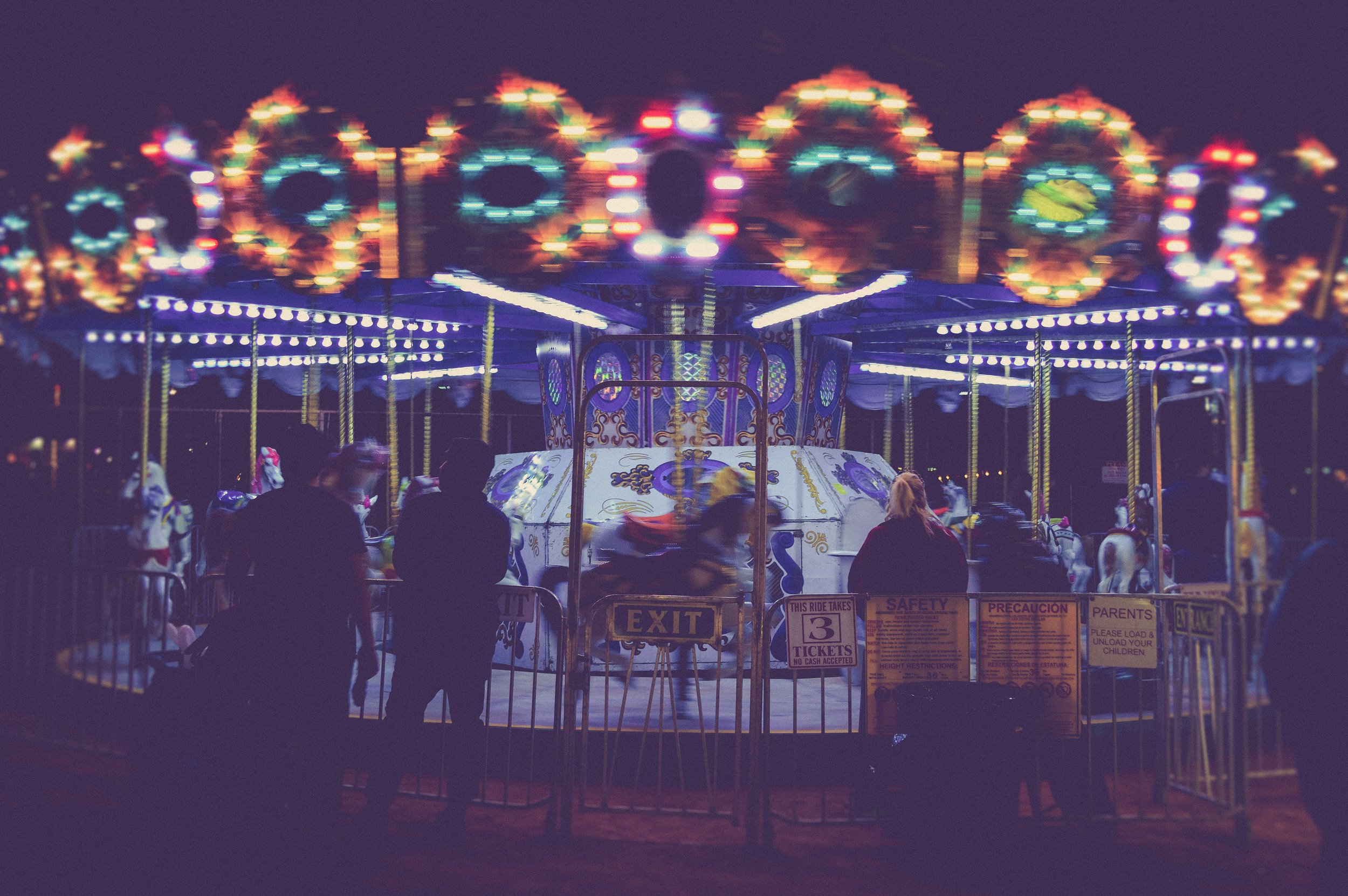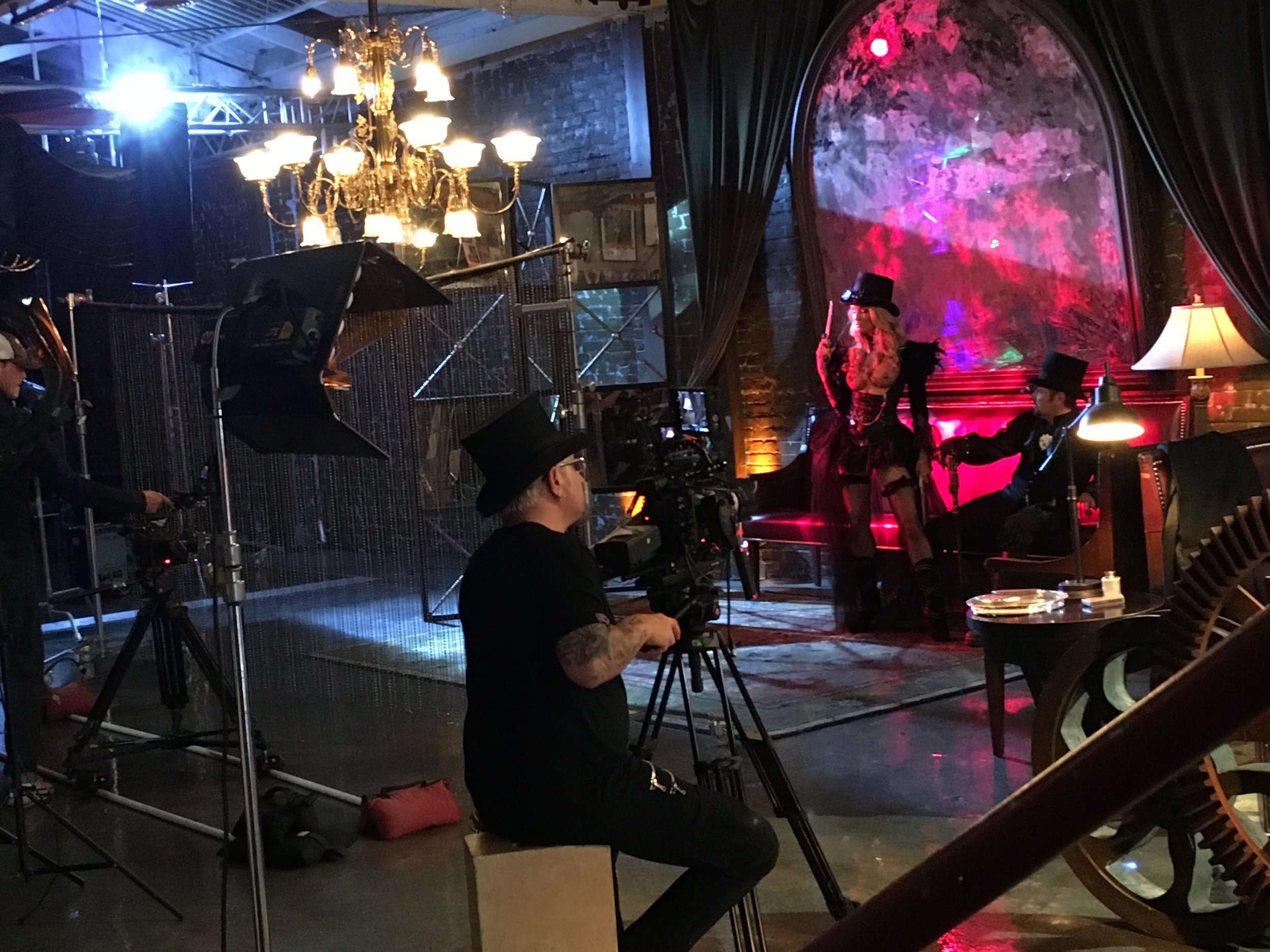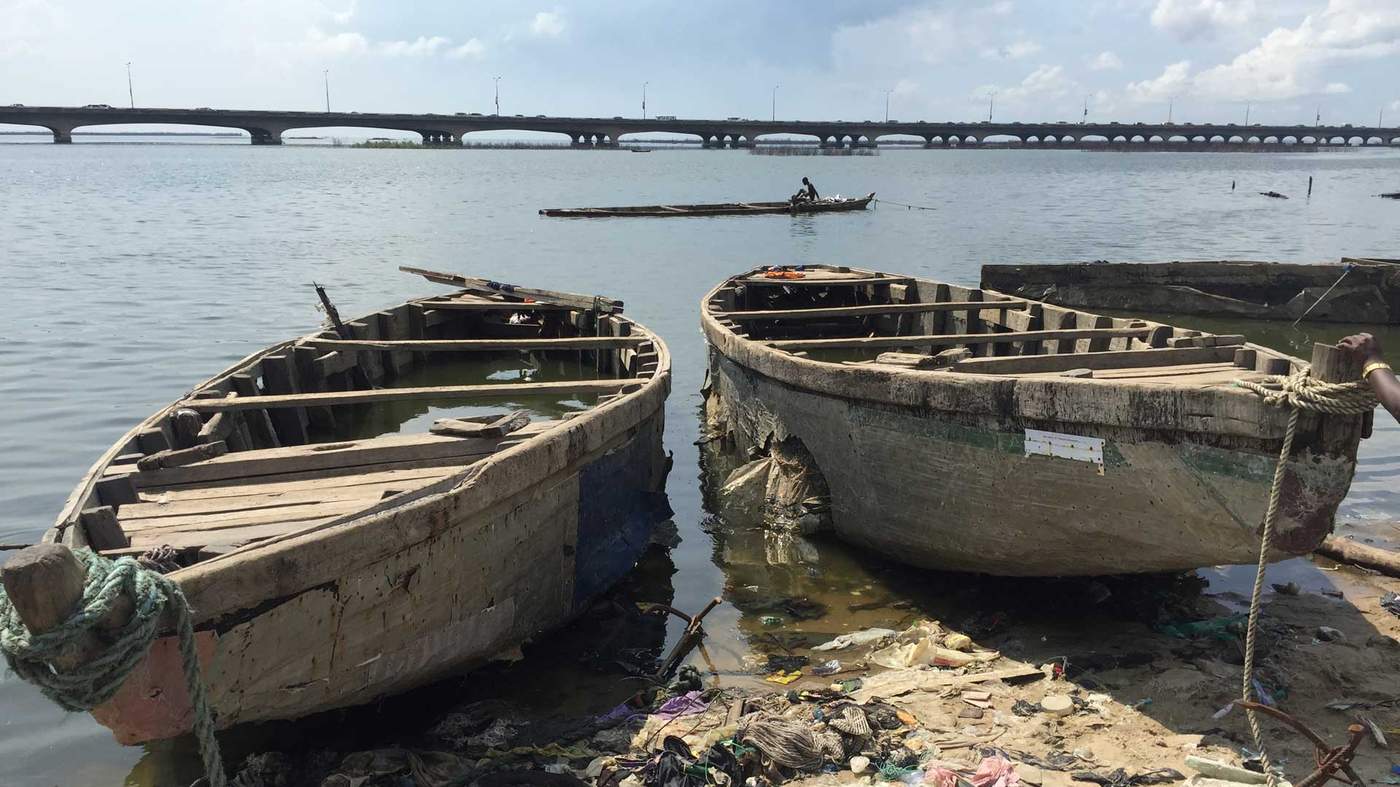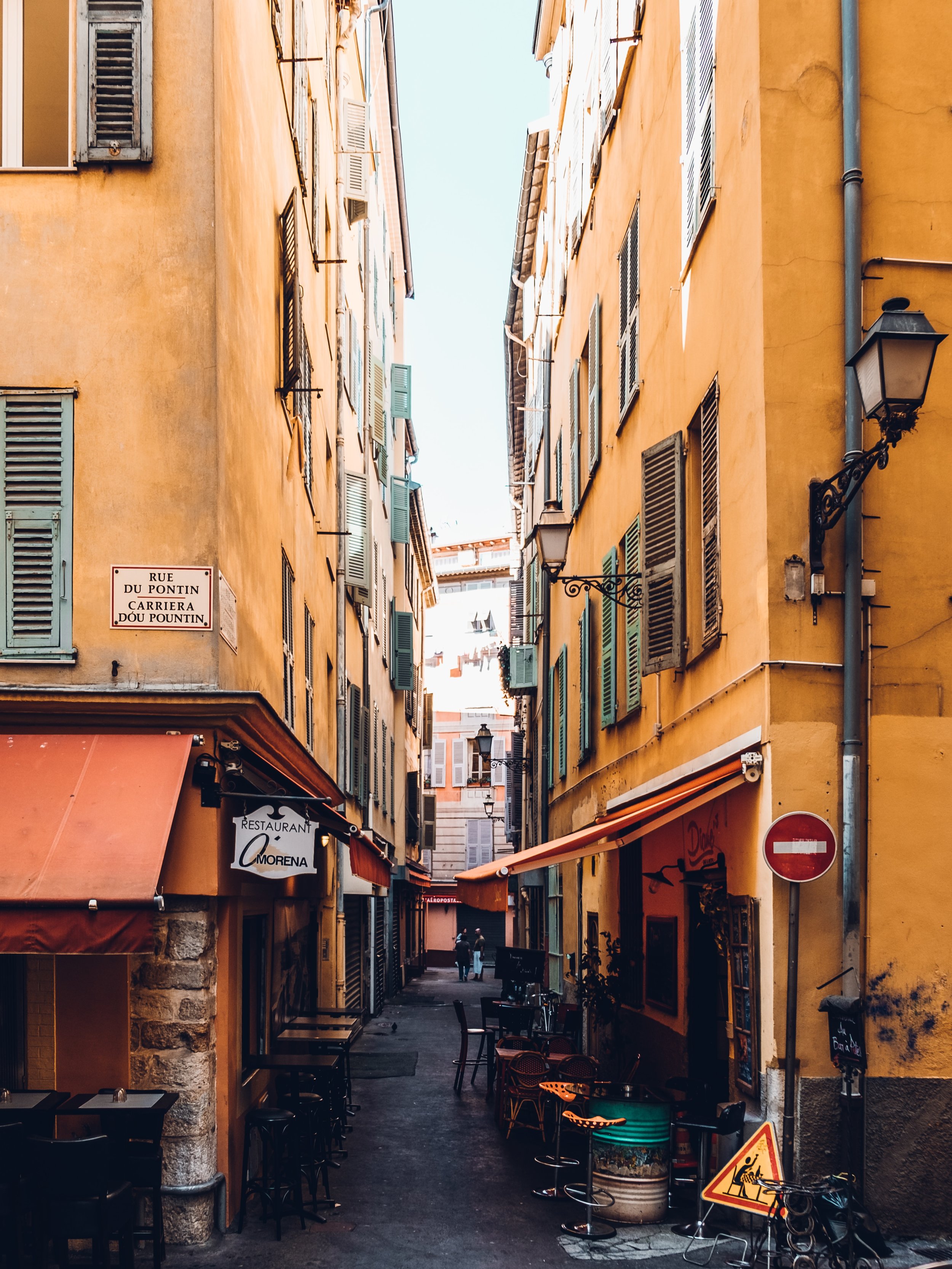First Love: Falling for Havana

Jon Lee Anderson explains how he fell for Havana
This interview was conducted in Spring 2015 by Sophie Haigney.
Off Assignment: Tell us about your relationship to Cuba.
Jon Lee Anderson: My relationship to Cuba goes back 30 years. I always wanted to go to the one country where revolutionaries had founded a state—and hung onto it. I finally got to Cuba in 1992, just after the collapse of the Soviet Union. At this point, Cuba was in free fall. I was researching a book idea about Che Guevara and decided I had to go and live in Havana in order to do it properly. My wife was pregnant, so we waited until our child was born. We arrived in early 1993, and lived there for two and a half years, through the severe depression Cubans call “The Special Period.”
OA: What was Havana like in those years?
JLA: In the ‘90s, everything was difficult. At one point, I figured out that I was somehow subsidizing about 45 people altogether. I had relative wealth compared to the Cubans, hardly any of whom had jobs or adequate incomes, so I hired people to help us. We had two nannies, one of whom doubled as a secretary; another woman worked full-time for me as a transcriber of interviews; there was also a gardener and a repairman for our Lada car, and so on. I couldn’t live amongst them and not help out. It was a huge burden of responsibility. I felt such a sense of responsibility for people who were helping us or me.
I just remembered this—I called it my ronda—my circuit. There were five or six people I felt I had to go and see once a week, some of whom were older, some in the enforced semi-retirement they call plan pijama in Cuba. They were isolated and living in penury and for whatever reason, we had become friends and I felt it was incumbent on me to go and visit them and cheer them up, I would get in my car and drive to see them. I tried to avoid it. I would get really depressed. The people were so depressed at the time. There was a lot of suicide. I personally knew people who committed suicide. It’s hard to convey how intense a time it was. I don’t feel that heaviness in Havana anymore.
OA: What is it about Cuba—beyond the Revolution—that’s so magnetic for you?
JLA: Well, on my first trip, I stayed in old Havana in the Hotel Inglaterra—the hotel from Graham Greene’s Our Man in Havana. It looks exactly the same as it must have then—seedy and down-at-the-heel. It was filled with old Italian men with underage Cuban girls, it was a really sleazy place. I couldn’t walk two steps without someone whistling, and pointing to a girl for me.
But despite all this, I was enraptured by the place. I pondered to myself—why did I feel so good there? There was plenty to be irritated about and there still is. But I don’t carry the anger about Cuba with me in the way that I do with other places. I get over it fast and fall back into its intensity and ease.
I remember trying to analyze this feeling of ease I felt. And this is what I thought to myself: I’m a white American (although I haven’t lived that much in the States). It seemed to me that in Cuba I was surrounded by people of other colors—and yet there was no racial tension at all. It felt really good. This is a complicated subject, perhaps especially now, but there’s a fundamental difference between the way racism is experienced in a Caribbean society and in the U.S. People are more upfront about race in a way that overrides racism on one level.
So partially my ease in Cuba was wrapped up in that—being amongst people of every hue, not feeling my whiteness. On a basic level, I felt—and feel—comfortable there in a way that I don’t even in my own country, because everybody’s together. My first Cuban friends were a couple: He was black, she was what they called india, but also had Chinese blood, which was very common in Old Havana. In their families, there was everything, every kind of blood, and I loved that mix of blood. I feel constrained in places where everybody’s white. This has never gone away—I still feel that.
One other thing: I love the way Cubans are bullshitters, tellers of tales, performers. You know, viven del cuento. I always say, jokingly, that Cubans developed these arts because they had to learn to be sirens on the rocks of the Cuban shoreline so as to lure passing mariners in, because there’s really nothing there. So some people look sexy, some know how to dance well, others tell stories; the point is that they are noticed. Cubans are larger than life, and fond of making great claims about themselves—and a lot of people believe what they say. It’s so engaging; it’s fundamentally an oral culture. Everyone talks to you, tells you stories about themselves. You meet so many people. Once I spent a winter in Copenhagen, and nobody Danish ever spoke to me. The only people I met in that month were two drunk Eskimos from Greenland. That would never happen in Cuba.
Of course, you asked me what I love about Cuba. I could also rant.
OA: By all means, Jon Lee Anderson.
JLA: There’s a lot of things that irritate me—for instance, I don’t like being hustled, but it’s not as bad now as it got to be in the late ‘90s and early 2000s. You could barely turn your head without someone waggling their tongue suggestively at you, or trying to sell you a box of stolen Cohibas. Now there are more opportunities, and people can be enterprising in some ways that are better for them—less humiliating, and also less irritating for me.
What I still find difficult are the bureaucratic, old-school, Soviet-style concierges, waiters and guards, who couldn’t be more unfriendly if they tried. I remember going to Viñales, sitting at one sidewalk café, and asking for a glass of rum, and they brought it and I asked for ice, and they said, spitefully, “We don’t sell ice.” Of course the passive-aggressiveness is comprehensible on one level, because they’re doing what, $3 a month? But it always pisses me off when you come across it—that old can’t-do culture.
OA: Do you still go back?
JLA: I’m going back shortly. I want to be there for the reopening of the U.S. Embassy, this end-of-history moment, however symbolic its significance. This is a time in the world when I feel distress about so many things going on. But this is one thing—these two countries coming back together—we can all get behind. And I want to be there for that.
History is present in Cuba to an extraordinary degree, more than any other country I’ve ever known—even my own. It has filled my life with a dramatic and epic sense of history, from the time I was a little child—the Bay of Pigs, the Missile Crisis, Kennedy. It’s all wrapped up with Cuba.
My relationship has had its ups and downs over the years since I lived there. I’ve gone back, and there have been periods when I haven’t gone. But I’ve always thought about it. What can I say? I love this place; we have a compelling relationship. I’ve never lived in another place like Cuba. I think about it all the time.
OA: Are you worried about the impending change?
JLA: I think it’s best not to worry too much. I’m a little more optimistic than most people, because I trust the Cubans—who are so proud of their own culture—not to give it up, not to lose it. The leaders have traveled, and people are fighting to save the old city. Old Havana’s a UNESCO World Heritage site. It would be great if they could expand the UNESCO writ to cover the whole city. Look, what can I say?—I dread what might be coming, like anybody else. I worry about what’s going to vanish, and all of us feel a certain amount of inevitability because we’ve seen it in so many other places. But maybe Cuba, which has always been unique, can continue to be somewhat unique. I’m watching and waiting.
ABOUT THE INTERVIEWEE
Jon Lee Anderson is a New Yorker staff writer and the author of several books, including Che Guevara: A Revolutionary Life and The Fall of Baghdad. He is an American reporter and war correspondent. His work has also appeared in The New York Times, Harper’s, the Financial Times, and other publications.
Header photo by Hannah Berkeley Cohen

